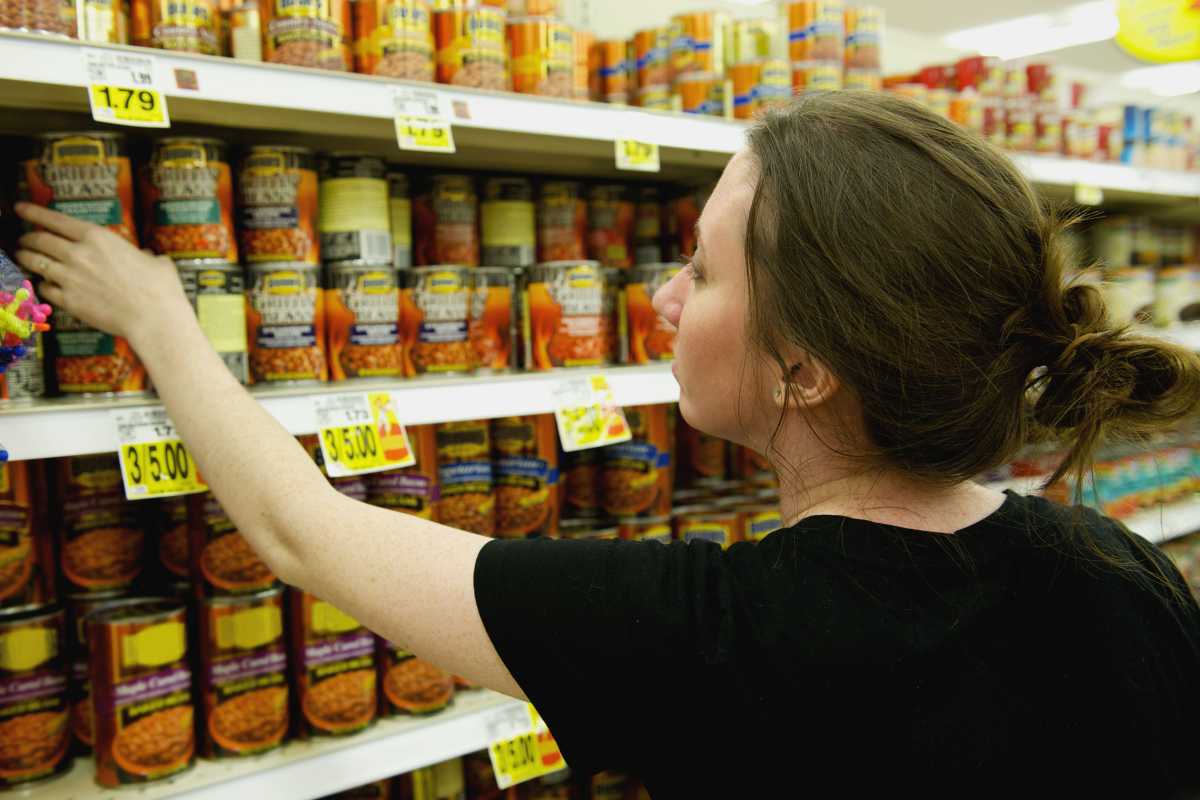BY ANGELA MATUA
A proposed 10-cent grocery bag fee is eliciting strong reactions from politicians and residents on both sides of the political spectrum.
The proposal, to charge 10 cents for each plastic and paper checkout bag at retail and grocery stores, is an effort to curb the 9 billion single-use plastic bags New Yorkers use every year, according to the bill’s co-sponsor, Brooklyn City Councilman Brad Lander.
The co-sponsors are not calling the fee a tax because the extra money would be given directly to business owners instead of the city, a spokesperson for Lander said.
A recent poll conducted by Marist College and sponsored by NBC 4 New York and the Wall Street Journal shows that 64 percent of New Yorkers oppose the fee.
Opposition was strong across all incomes, religious affiliations and ethnicities. The strongest opposition came from nonwhites and those earning less than $50,000 a year.
Support for the fee, which was also co-sponsored by Manhattan City Councilwoman Margaret Chin, came from Manhattan residents and those who identified as having no religion.
City Councilman Eric Ulrich, who represents District 32 including the Rockaways, Ozone Park, Howard Beach and other south Queens neighborhoods, is against the proposed tax and said the poll illustrates the responses he has been receiving from New Yorkers.
“This poll confirms what I’ve been hearing from my constituents, small business owners and other New Yorkers for months,” Ulrich said. “Local residents already pay enough in high taxes, utilities, and skyrocketing water and sewer rates. Enacting additional taxes, fines and fees simply doesn’t make any sense.”
Bertha Lewis, founder and president of The Black Institute, a think-tank to address issues faced by people of color, and Working Families Party member, said the tax would punish communities where people of color make up the majority of residents.
“The poll shows that families struggling to get by can’t afford another poverty tax – particularly in communities of color,” she said.
The bill includes provisions to distribute reusable bags across the city and this is one reason Councilman Anthony Reynoso said he supports the bill.
“Every year, the city spends millions sending plastic bags to landfills, and they hinder our efforts to increase recycling,” Reynoso said. “Reusable bags are cheap and easy to use, and Intro 209 even includes provisions to make sure that reusable bags are easily available in all communities. We need to pass Intro 209 as soon as possible to help achieve the City’s sustainability agenda.”
Several businesses would be exempt from complying with the bill, including restaurants, because there are few alternatives to transport delivery and takeout food. The fee would be waived for people on food stamps and emergency food providers such as food pantries.
At a city council hearing to discuss the fee last November, Kathryn Garcia, the city’s sanitation commissioner, said it cost $12.5 million annually to dispose of the 1,700 tons of plastic bags per week that are collected on average, the New York Times reported.
Landen and Chin hoped to have the bill passed on April 22 but were not successful. Though the bill faces opposition, Landen and Chin said they believe the legislation can still be passed.
RECOMMENDED STORIES
- DSNY to expand curbisde food and yard waste recycling collection
- Councilman Ulrich ups graffitti removal funds by $10K
- City councilman and Uber team up to help L train riders



































